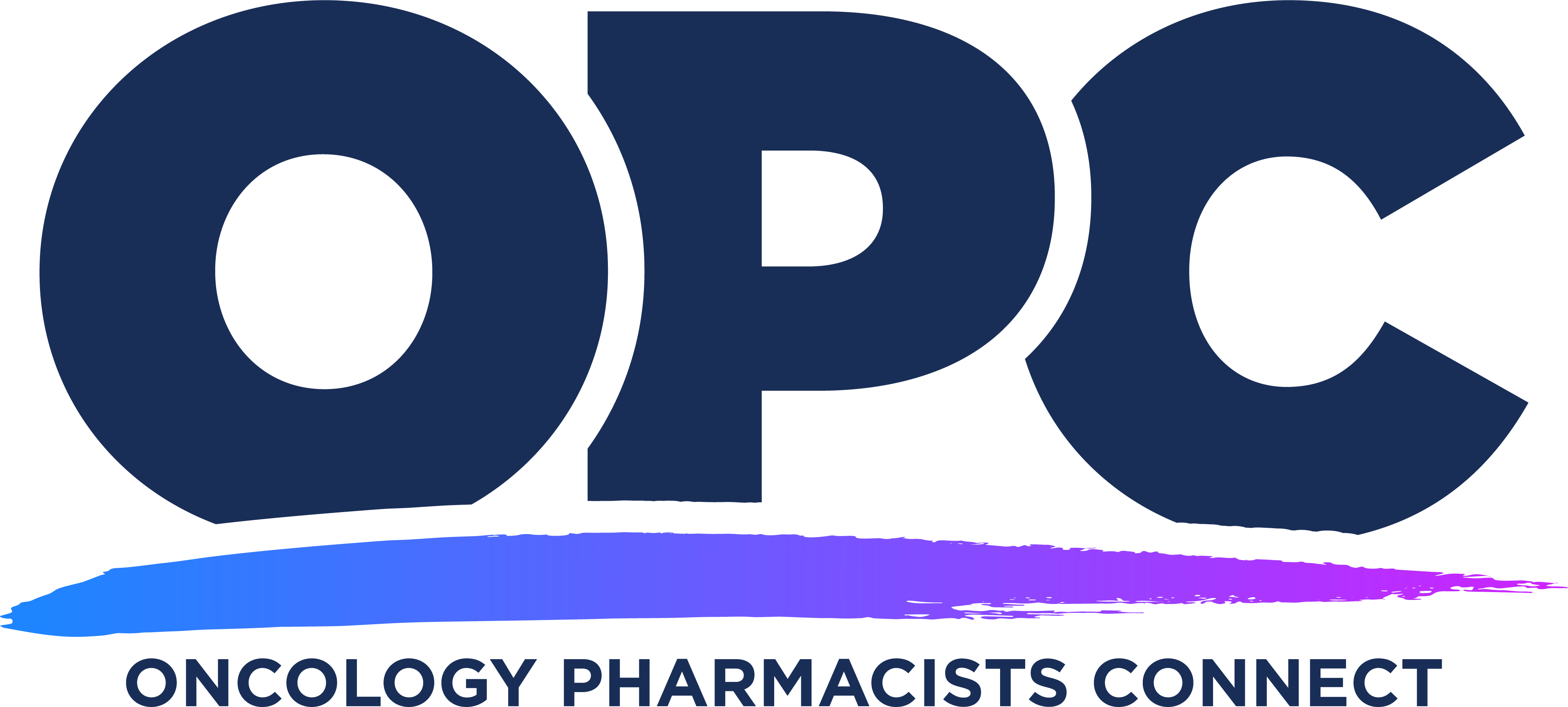
Pharmacy Practice in Focus: Oncology
- June 2025
- Volume 7
- Issue 4
Sequencing of Liposomal Daunorubicin/Cytarabine Versus Hypomethylating Agents Plus Venetoclax for Secondary Acute Myeloid Leukemia

Key Takeaways
- The study investigates optimal sequencing of liposomal daunorubicin/cytarabine and HMA/venetoclax in sAML treatment to improve patient outcomes.
- Conducted at City of Hope, the retrospective chart review focuses on overall survival, event-free survival, remission rates, and treatment durability.
This abstract will be presented at the Oncology Pharmacists Connect (OPC) meeting in Austin, Texas, from June 19 to 20, 2025.
Alan Flores, PharmD, Jose Tinajero, PharmD, BCOP, and Dat Ngo, PharmD, BCOP, are set to present their abstract "Sequencing of Liposomal Daunorubicin/Cytarabine (Vyxeos) vs Hypomethylating Agents Plus Venetoclax for Secondary Acute Myeloid Leukemia" at the 2025 Oncology Pharmacists Connect (OPC) meeting in Austin, Texas, from June 19 to 20. The abstract explores treatment sequencing in patients with secondary acute myeloid leukemia (sAML) who received both liposomal daunorubicin/cytarabine and hypomethylating agents with venetoclax during their care.
Through a retrospective chart review conducted at City of Hope, the study aims to determine which order of therapy may yield better outcomes in terms of survival, remission, and treatment durability. Results and conclusions will be shared during the OPC presentation. The study’s results may help oncology pharmacists better tailor sequencing strategies and anticipate treatment-related toxicities in patients with secondary AML, ultimately supporting more informed, patient-specific care.
Abstract
Background
Secondary acute myeloid leukemia (sAML) is a subtype of AML that was traditionally characterized as arising from antecedent hematologic disorders or exposure to cytotoxic or radiation therapy. Both liposomal daunorubicin and cytarabine (Vyxeos; Jazz Pharmaceuticals plc) and a hypomethylating agent (HMA) and venetoclax (Venclexta; AbbVie) are utilized for induction and salvage therapies to treat sAML, but the optimal order in which these 2 treatment regimens should be given has not been well defined. Among patients with sAML who receive induction therapy, the incidence of refractory or relapsed disease remains high. This study aims to explore the optimal sequencing of liposomal daunorubicin/cytarabine and HMA/venetoclax by evaluating outcomes in patients who received both therapies throughout their treatment course.
Materials and Methods
A retrospective chart review was conducted on patients with sAML treated at City of Hope who received liposomal daunorubicin/cytarabine and HMA/venetoclax throughout their therapy course. The primary end point was overall survival. Secondary end points were eventfree survival, remission rate (composite of complete remission [CR] and CR with incomplete hematologic recovery), and remission duration. Patient demographics, including age, sex, ethnicity, antecedent malignancy, treatment history, European LeukemiaNet risk stratification, baseline blast percentage, and transplant history, were collected. Additional information collected included mutational profile, date of relapse, bone marrow assessments, neutrophil and platelet recovery times, and incidence of grade 3 or higher toxicities.
Results
Results are pending and will be presented at the Oncology Pharmacists Connect (OPC) meeting in Austin, Texas, from June 19 to 20, 2025.
Conclusions
Conclusions are pending and will be presented at the OPC meeting in Austin, Texas, from June 19 to 20, 2025.
About the 2025 OPC Meeting
At this year’s OPC meeting, attendees will have the opportunity to showcase clinical research and practice management insights or explore the latest advancements in oncology pharmacy during the poster session and networking reception. These events foster innovation, collaboration, and professional growth within the oncology pharmacy community. Participants can present their work, exchange ideas, and connect with leaders in the field during these networking opportunities.
Prior to the start of OPC on June 19, participants are invited to attend the Hematology/Oncology Pharmacy Association (HOPA) BCOP Program in person on June 18. HOPA has selected 4.0 CE hours from BCOP Updates 2024 and the Annual Conference 2025, featuring topics such as acute leukemia, cellular therapy for solid tumors, and the pharmacist’s role in serious illness conversations. Additional information is available
Articles in this issue
Newsletter
Stay informed on drug updates, treatment guidelines, and pharmacy practice trends—subscribe to Pharmacy Times for weekly clinical insights.


























